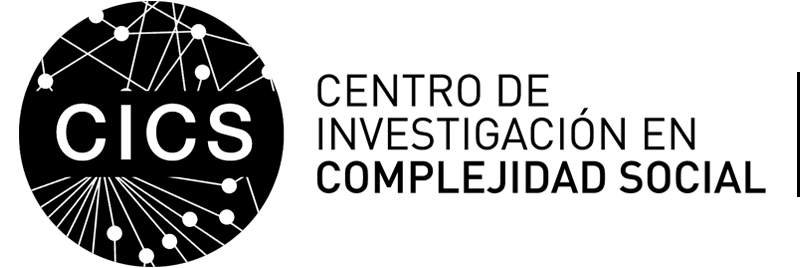[CICS on tour] DCCS students participated in CompleNet 2018
Friday, 16 March, 2018 | NEWS
Cristián Candia, Víctor Landaeta and Ignacio Toledo, students of the first and second generation of the Doctorate, presented at the event that took place in Boston. There researchers from Social Sciences and the Natural and Exact Sciences discussed and explored the complex networks from the interdiscipline.
Complex networks -from biological systems to computer science, technical or information networks, social or economic systems- had an exponential increase in the number of publications and research centers dedicated to this field. This month, researchers dedicated to this area gathered at the International Conference on Complex Networks (CompleNet) 2018, held in Boston, United States.
For 4 days speakers from diverse areas such as sociology, biology, physics and computer science exposed their work. Based on the interdisciplinary nature of this conference, three students of the Doctorate in Social Complexity Sciences presented the posters that synthesize their advances in thesis projects for the program.
Ignacio Toledo, physical engineer and part of the second generation of DCCS, presented his work on scientific collaboration during the production and publication of knowledge. “Epistemic Assortativity in Scientific Collaboration Networks” postulates a method to represent the compatibility of interests of each author based on a topic model estimated from the abstracts of the papers in a bibliographic base (in this case Web of Science).

Ignacio Toledo presents pitch “Epistemic Assortativity in Scientific Collaboration Networks”
Victor Landaeta presented “Does classroom cooperation promotes learning?”, a research work developed with a FONDEF project with the Research Center on Social Complexity (CICS in spanish), that maps cooperation networks within the classroom and academic performance through games. The physicist, who is doing an internship in the Collective Learning of the MIT Media Lab, proposes to elicit the pre-existing cooperation network using a non-anonymous dyadic social dilemma game.
Cristian Candia, also an intern in the Collective Learning, introduced the advances in two of his researches. Also in the field of education, “Mapping the higher education space” explores the relational structures in higher education programs, using the case of Chile and Portugal. In addition, the physics engineer exhibited “The Universal Decay of Human Collective Memory”, which presents a mathematical model on forgetting, or how attention decreases cultural pieces of various domains.

Cristian Candia presents “The Universal Decay of Human Collective Memory”
Along with the exhibition of posters, thematic talks were held on brain networks, social networks, network theory and networks applications, which gave a general overview of the state of this discipline at a global level.


